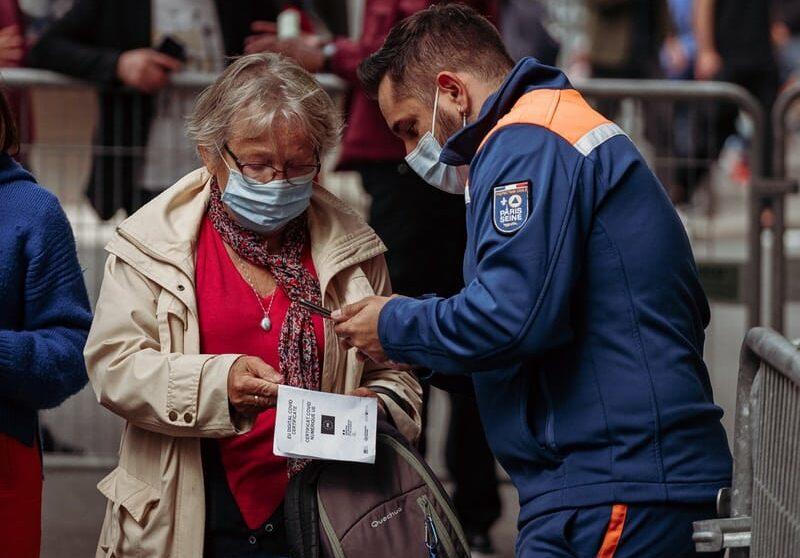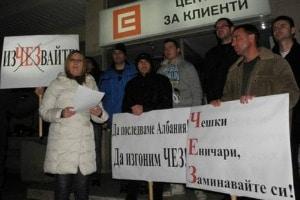Scientists point to published medical case reports of young women developing unusual breast cancers located directly underneath the skin –where they placed their cell phones in their bra. A 2020 case control study found cell phone use significantly increased breast cancer risk, particularly in women who used phones close to their breasts.
Devra Davis, Ph. D., president of Environmental Health Trust has been working for decades on the environmental causes of breast cancer. She is an epidemiologist and toxicologist and has presented findings before Congress on the dangers of wireless radiation. Davis was also instrumental in having smoking banned from planes and she was part of a team awarded the Nobel Peace Prize for scientific research on climate change. She now is raising awareness about the health risks of cell phone radiation. Her letters reference the scientific reviews that conclude that cell phone radiation can cause cancer (Carlberg and Hardell, 2017 ; Miller et al., 2018). Senior advisors to the World Health Organization have concluded that if cell phone radiation were evaluated at this time, it would be considered a probable, if not fully confirmed human carcinogen {Directorate-General for Parliamentary Research Services (European Parliament)} and (Belpoggi, 2021; Melnick, 2019; Portier, 2021).
Attorney Courtney Kelley (https://www.youtube.com/watch?v=4veG7CoPm6o) in Denver, Colorado and Margot Shaw (https://www.youtube.com/watch?v=rvFUMicGyi0) in Pittsburgh, Pennsylvania are two of many women who carried their cell phones in their bras only to develop unusual breast cancers in the areas where the phones were carried. While Kelley wound up having to undergo a double mastectomy, Shaw’s cancer even presented itself in the shape of a phone. Doctors of both women concurred that the cancers were caused by the women having carried their phones in their bras.
Numerous doctors recommend that people keep the phone away from the brain and body, especially the breast.
● EHT organized a conference at the San Francisco Commonwealth Club featuring breast surgeon Dr. Lisa Bailey, former president of the American Cancer Society of California who gave a lecture recommending women keep cell phones out of the bra.
● The Massachusetts Breast Cancer Coalition created educational curriculum for classrooms to prevent breast cancer. Go to “Let’s Talk Prevention Classroom Module 3 Cell Phone and Wireless to download the curriculum.
● In 2017 the California Department of Health released an advisory on how to reduce cell phone radiation stating, “Carry your cell phone in a backpack, briefcase, or purse; NOT in a pocket, bra or belt holster.”
● The American Academy of Pediatrics and the North Carolina Public Health Department’s Department both state “Avoid carrying your phone against the body like in a pocket, sock, or bra. Cell phone manufacturers cannot guarantee that the amount of radiation you are absorbing will be at a safe level.”
Given the numbers of credible scientific studies on the dangers of carrying phones close to the body, especially near sensitive breast tissue, “the wireless industry will tell you that there’s no harm from wireless but that’s not what the many peer-reviewed scientific studies or a growing group of experts will tell you. The fine print warnings included in wireless technology packaging is clearly warning users to keep the devices away from direct body contact” said Davis,
The fine print warnings exist because cell phones emit radiofrequency (RF) radiation. Manufacturers premarket test phones in positions with a separation distance between the body and phone to ensure the phone RFR emissions are compliant with U.S. limits for human exposure. However, if the phone is used at a closer distance, the body can absorb far more RF radiation than US regulations allow- up to eleven times as much in some models!
EHT has a page of “Fine Print Warnings” on its website. Here are some examples of recommended distances in the devices’ fine print warnings:
● Apple iPhone 13–5mm distance
● Google Pixel 5a (5G) – 1 cm distance
● Samsung Galaxy Z 5G – 1.5 cm distance
The Google Pixel 5a (5G) safety information states, “Keep the phone away from your body to meet the distance requirement.”
These fine print warnings were a key part of a major federal lawsuit EHT recently won. Although EHT has repeatedly requested that the FCC (the U. S. government agency with authority) update its RF rules- unchanged since 1996- so that all wireless devices are tested in body contact positions, rather than with a separation, the FCC made a decision in 2019 that “this is unnecessary” and that it “ ensure[ed] that relevant information is made available to the public.”
EHT argued that most people were fully unaware of these fine print instructions. In fact, studies show that if cell phones and wireless devices are in body contact positions (without a separation distance), the RF exposure can violate U.S. government safety limits. Some phones were found to violate limits up to 11 times the safety limit when the cell phone is pressed to the body.
EHT and over a dozen others then sued the FCC and received a favorable ruling. The Court ordered the FCC to revisit these RF testing procedures as well as the safety limits for wireless RF radiation.
“Most people are not aware of these instructions. Even more importantly, wireless safety limits are now 25 years old. So, we recommend keeping even more distance than the manufacturers’ instructions,” Davis added, “Cell phones transmit radiofrequency radiation all the time, even when you are not talking on the phone.”
For more information on Environmental Health Trust, visit www.ehtrust.org.
Theodora Scarato
Environmental Health Trust
theodora.scarato@ehtrust.og











